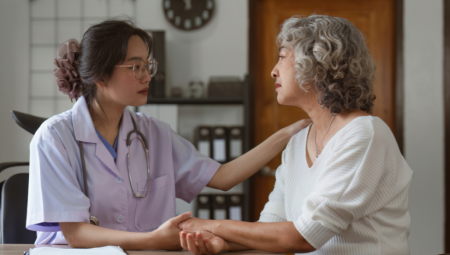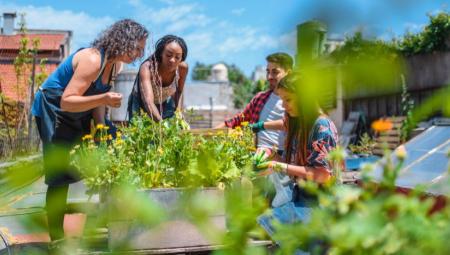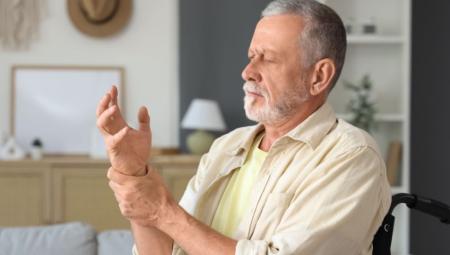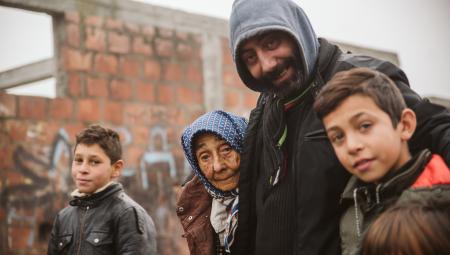Skip to sidebar
See all
Support for Ageing and Living with Long Term Conditions
This theme aims to improve how older people and anyone living with multi-morbidity are supported by health and social care and their local communities. Find out about other research projects in this theme.





